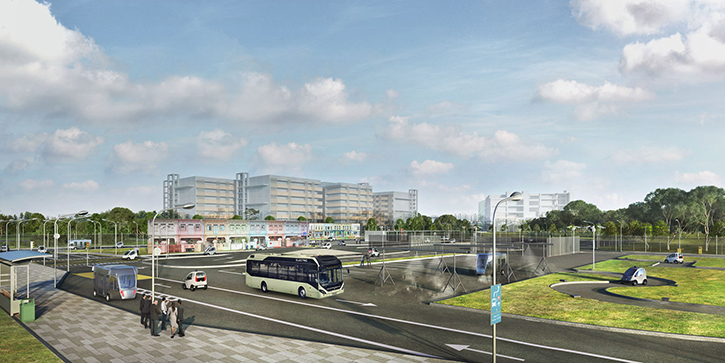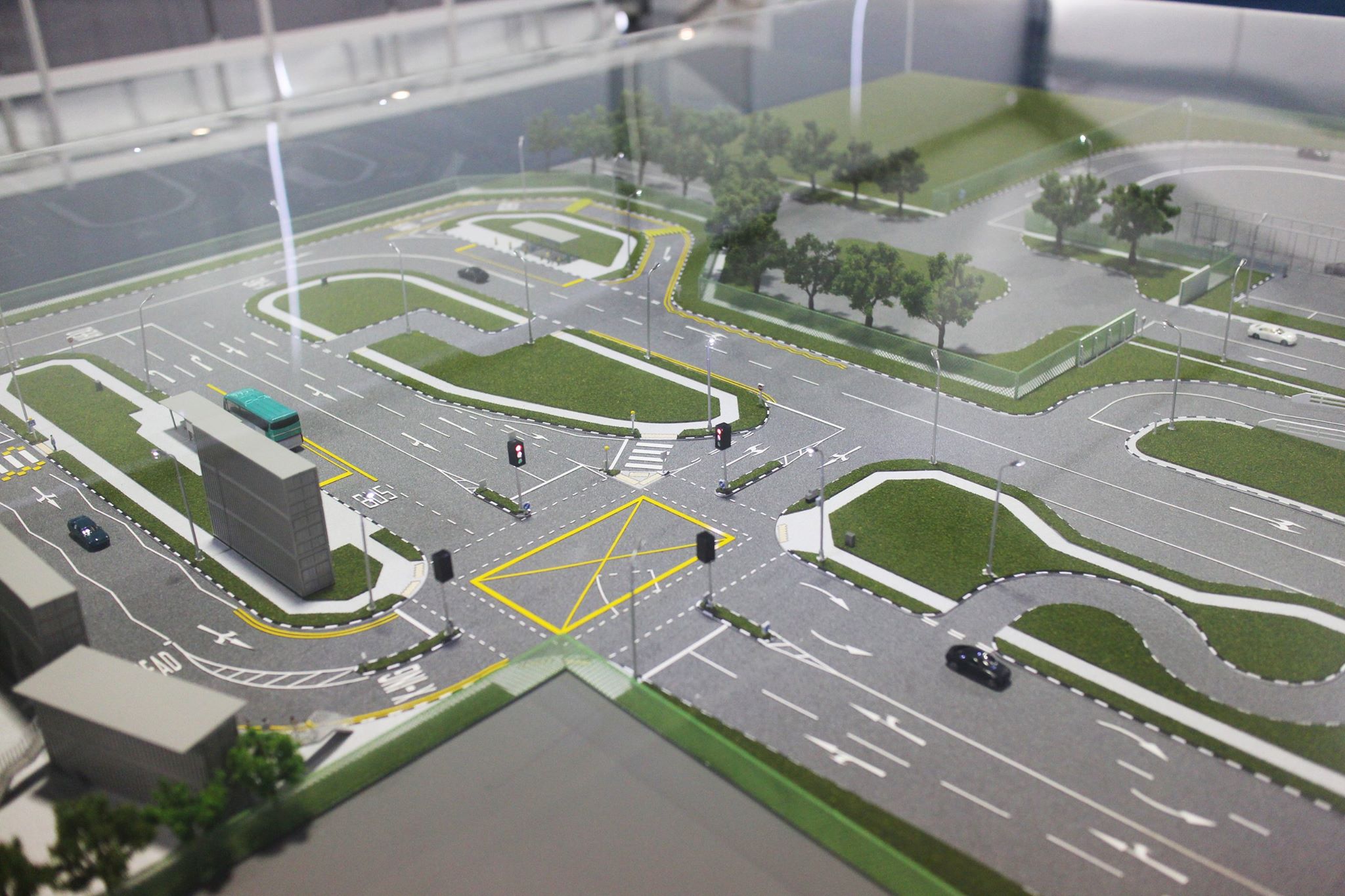Making tryst with future, driverless buses will be tested in Singapore from early 2019 at Nanyang Technological University (NTU) test circuit in Jurong, under a partnership with Volvo.
In this connection, both parties signed an agreement to test two 40-seater autonomous electric buses at NTU’s Centre of Excellence for Testing and Research of Autonomous Vehicles.
The 40-seater driverless buses to be deployed in Singapore will be equipped with autonomous driving technologies. These include GPS and LIDAR laser technology systems for charting, positioning and detecting obstacles around the vehicle, and an integrated navigation system that includes automated steering, gear changing, and speed throttling technologies.
The test circuit at NTU replicates road conditions in Singapore, with common traffic schemes, road infrastructure and traffic rules. It also features a rain simulator and flood zone to test the vehicles' navigation abilities under tropical weather conditions.
The trial of the driverless buses will be supported by transport operator SMRT, which will be involved in determining the roadworthiness of these vehicles.
One of the buses will undergo tests at a bus depot managed by SMRT, to assess the vehicle's ability to autonomously navigate vehicle washing bays and park safely at charging areas.
If successful, SMRT said the buses will serve commuters in the coming years, although it did not give a timeline.
These buses require 80 per cent less energy than a diesel bus of the same size. Although it will be more expensive to purchase the autonomous electric bus, operational costs will be lower.
NTU and Volvo will also be working with technology company ABB to develop charging solutions for the electric vehicle.
Professor Subra Suresh, NTU President said, “We have a vision to transform NTU into a smart campus that embraces technology to improve everyday life, and ensures the sustainability of resources. This partnership with Volvo on electric autonomous buses is part of the roadmap of the Smart Campus initiative. We hope that the solutions created out of this programme will contribute significantly to Singapore's ambition of adopting autonomous vehicle technologies and enhancing public transportation.”
Hakan Agnevall, president of Volvo Buses, said, “We are seeing fast-growing interest in both autonomous and electric vehicles in cities all over the world. Together with NTU, one of the world’s leading universities of technology, we now have the possibility of testing various solutions under realistic conditions in a major city that has high ambitions for its public transport.
He added, “We consider Singapore and NTU as excellent partners for Volvo, offering an enabling environment and complete ecosystem of research, development and implementation of new solutions. The technology developed in Singapore can contribute to future autonomous applications by Volvo Buses.”




